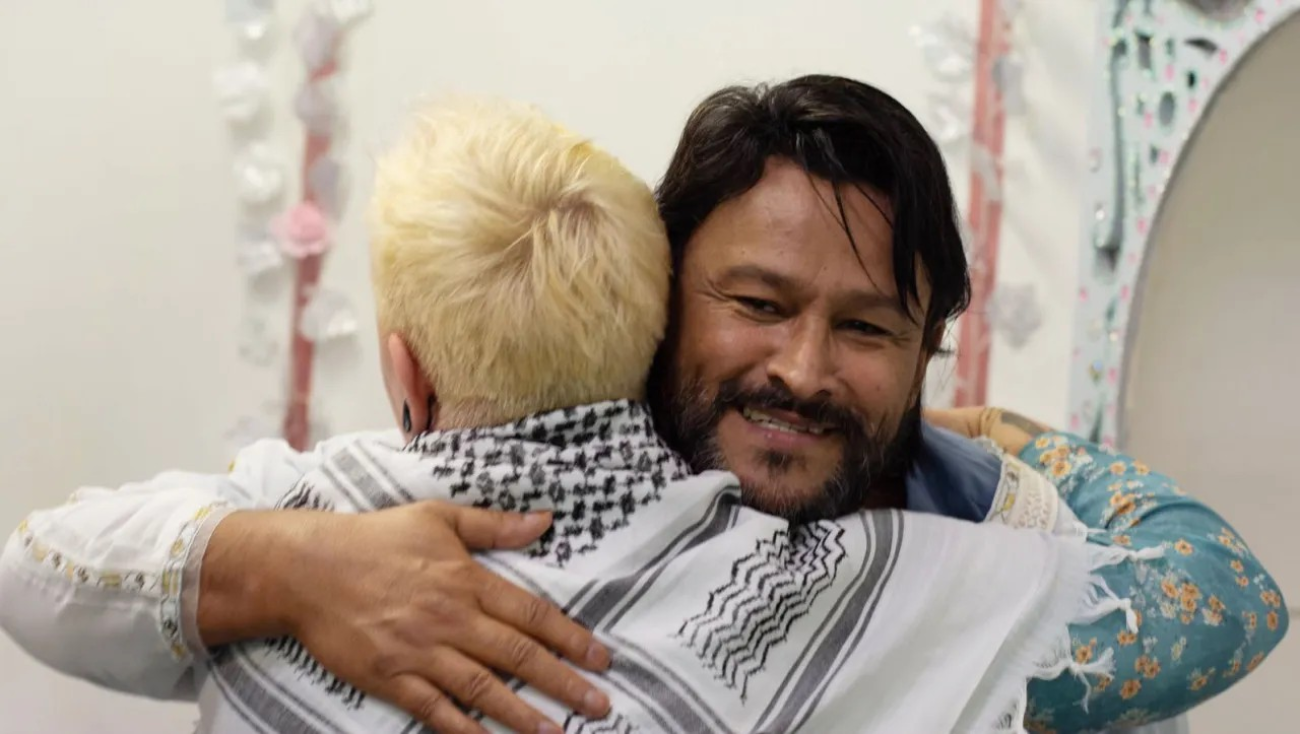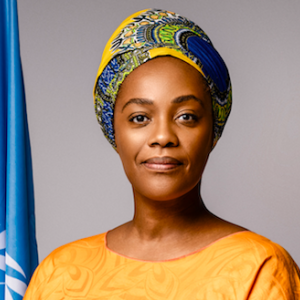South Africa’s Constitution is deservedly hailed as among the most progressive in the world, enshrining the rights of all individuals regardless of gender identity or sexual orientation.
Yet, despite these legal protections, hate crimes persist. Sadly, in some cases hatred and religious intolerance fuel much of this violence, creating an environment where discrimination thrives under the guise of faith. We cannot allow this contradiction to persist because true faith does not breed hate. Instead, it fosters inclusivity, dignity and respect for all.
We marked Zero Discrimination Day this past weekend, and the day reminds us of the urgent need to challenge prejudice in all its forms. We marked this day in the shadow of the brutal murder, just two weeks ago, of Imam Muhsin Hendricks, a religious leader who dedicated his life to advocating for LGBTIQ+ rights. His killing by gunmen in Gqeberha, Eastern Cape, is not just a tragedy and a hate crime, but also a stark reminder that discrimination has devastating and fatal consequences.
Imam Hendricks was the founder of the The Inner Circle, a community-led organisation that provided a safe space for LGBTIQ+ Muslims struggling to reconcile two parts central to their identity – their faith and sexual orientation.
The Inner Circle played a vital role in addressing the stigma that isolates many LGBTIQ+ individuals, a stigma that also increases their vulnerability to HIV infection and hinders access to essential health services. We know that HIV responses succeed when communities lead, since they play a critical role in ensuring dignity, care and support for all.
Across the world, including here in South Africa, many faith leaders stand firm against bigotry, embodying the true principles of their beliefs.
At the launch of the United Nations Free & Equal initiative in Cape Town in 2013, it was Archbishop Desmond Tutu who famously declared: “I would refuse to go to a homophobic heaven. No, I would say sorry, I mean I would much rather go to the other place.”
The archbishop’s unwavering stance against discrimination exemplifies the moral clarity that should guide all of us — especially those who hold influence in matters of faith.
LGBTIQ+ individuals in South Africa continue to face deadly violence, which is a violation of their human rights and an assault on the fundamental principle of the country’s Constitution. This violence includes the horrific practice of so-called corrective rape, which is often justified through deeply entrenched societal and religious prejudices.
Such acts of violence are not only human rights violations, but also fuel the HIV epidemic as survivors face increased vulnerability to infection and often encounter discrimination in healthcare settings, while also struggling to access justice, further adding to their trauma.
The fight against HIV/Aids has taught us a critical lesson – that stigma and discrimination only serve to deepen suffering and create barriers to healthcare, justice and equality.
The UNAIDS Global Aids Strategy, as well as South Africa’s National Strategic Plan to end HIV/Aids, recognises that ending Aids is impossible without dismantling the systems that drive vulnerability and discrimination.
This crisis is not just local, it is global. UNAIDS executive director Winnie Byanyima, during her recent visit to the Vatican, called on faith leaders to step up in the fight against discrimination and support those affected by HIV. She emphasised that “the church has a powerful voice that reaches into communities around the world”.
Her meeting with Catholic Church leaders comes at a crucial time as shifts in global policies threaten progress in ensuring equitable access to life-saving HIV services.
Recent decisions by the lead donor to the global Aids response, the US, to suspend or cut funding has left millions of people across the globe uncertain about their future access to HIV services. This makes it even more critical for faith communities to champion inclusivity and defend the dignity and rights of those most vulnerable to HIV.
Speaking on the role of the church in these uncertain times, Byanyima added that “we need the voice of faith and the leadership of faith in the world that we are in today – this time to defend the global Aids response and lifesaving programmes like Pepfar. Human life is sacred – and today, it hangs in the balance.”
Let us honour the memory of Muhsin Hendricks and the millions of others who continue to be subjected to hate and prejudice by reaffirming our collective commitment to justice and equality.
Discrimination in any form is an affront to human dignity and human rights. We must stand together in global solidarity to secure the gains we have made. No scripture, no doctrine and no belief system should ever justify the violation of another’s humanity.
Religious leaders, policymakers and communities must reject discrimination in all its forms and use faith as a tool for healing and uniting people from different races and religions, not harm.
We owe it to those we have lost and to those who continue to fight for the right to exist without fear.
Eva Kiwango is the UNAIDS country director for South Africa. (This Op-Ed was first published by The Daily Maverick)






